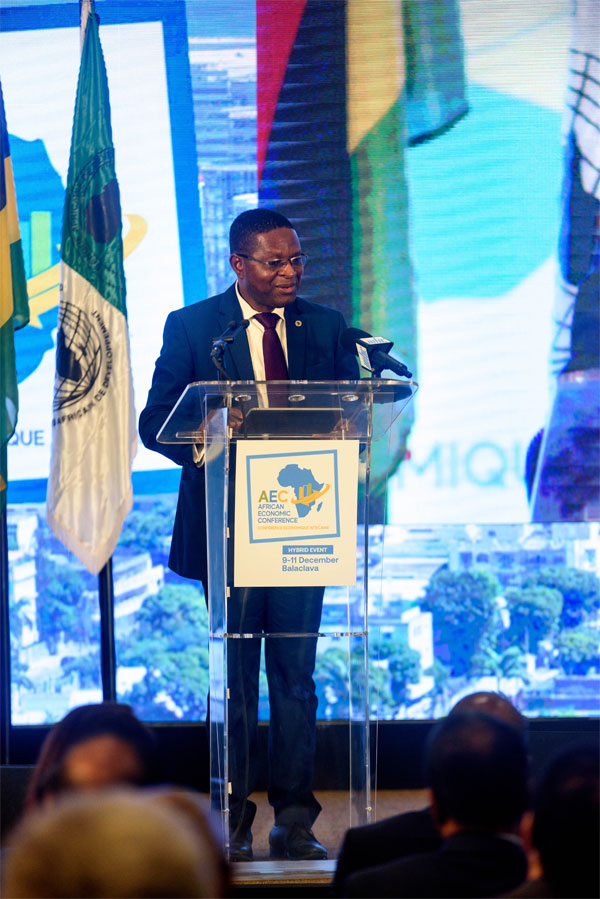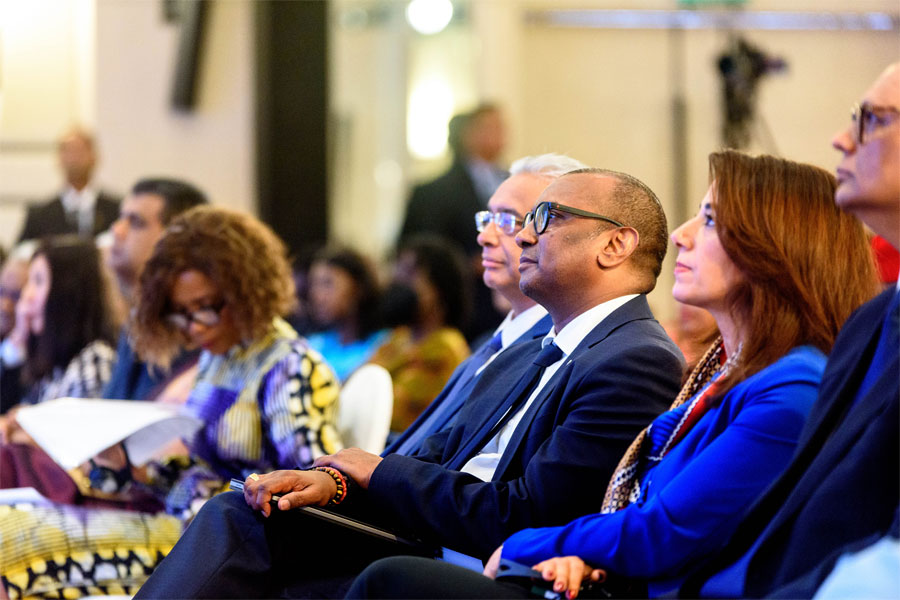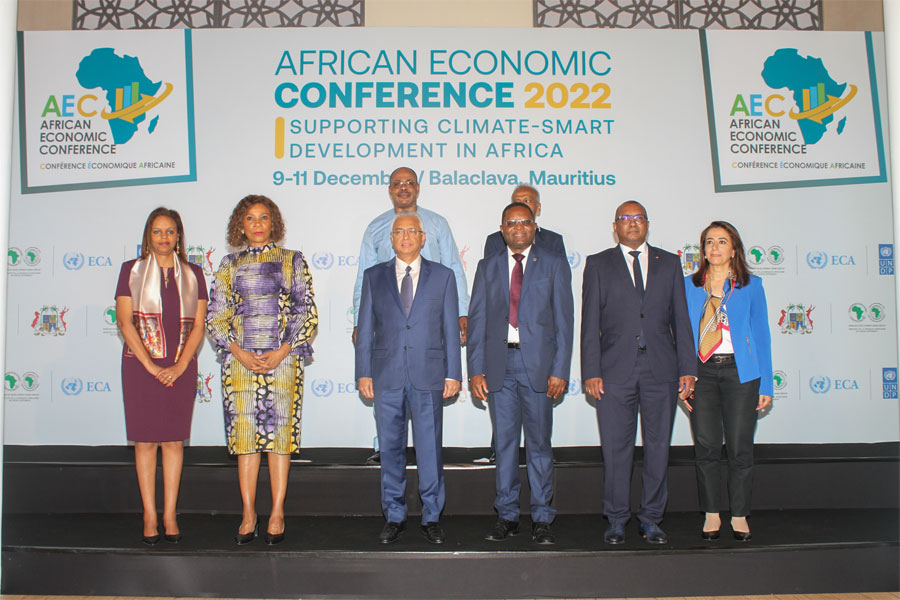The AEC 2022 is being jointly organised over three days by the African Development Bank (AfDB), the Economic Commission for Africa (ECA), and the United Nations Development Programme (UNDP) under the theme “Supporting Climate-Smart Development in Africa.”
“We could not have come up with a better and timely theme than this one, as the world has just concluded the 27th edition of the Conference of the Parties (COP27), dubbed ‘the African COP,’ in Sharm El-Sheikh, in Egypt. The theme of this year’s AEC 2022 perfectly echoes the conclusions of COP27, which reminded us that time is not on our side. We should quickly move from pledges to action and implementation. No more talk but more actions,” according to remarks by the President of the AfDB Dr. Akinwumi A. Adesina’s, which were delivered by Kevin Urama, the bank’s acting chief economist and vice-president.

As per the AfDB, climate finance inflows into Africa have failed to match either the commitments made by developed countries or the continent’s adaptation and mitigation needs.
Africa’s share of total global climate finance grew by only three percent on average from 2010 to 2019, from 23 percent ($48 billion) in 2010-2015 to 26 percent ($73 billion) during 2016-19.
Given the resources needed to meet Africa’s nationally determined contribution (NDC) targets – estimated at $118.2–$145.5 billion a year until 2030 – more concrete measures are needed to close Africa’s annual climate finance gap, according to Urama.
He added that Africa lose $7-15 billion of its GDP annually because of climate change and that these losses are projected to jump to $45-50 billion per year by 2040.
“Africa has no choice but to adapt to climate change. Supporting climate-smart, environmentally friendly development is one step in the right direction,” Urama asserted.
For her part, Deputy Executive Secretary of the UN’s ECA Hanan Morsy said that the theme of this year’s conference is very timely and provides the opportunities to digest and synthesise the discussions at COP27 and propose recommendations for supporting climate-smart development in Africa.

Losses from climate change could consume up to 70 percent of Africa’s GDP by 2100, Morsy noted, adding that “these challenges put Africa in a difficult development position. The continent needs trillions of dollars to close huge development gaps. For example, it is estimated that investments in the order of up to $170 billion annually, mainly from the private sector, are needed for key infrastructure areas.”
She added that 47 African countries, so far, have submitted revised NDCs ahead of the global stocktake on climate actions next year under the UNFCCC process.
“These NDCs require close to $3 trillion to implement, resulting in climate-smart development that is based on investments in clean energy systems, climate smart agriculture, green industrialisation, and enhance and inclusive governance and enabling policy and regulatory frameworks,” Morsy pointed out.
The UNDP’s Regional Director for Africa Ahunna Eziakonwa said that while COP27 in Egypt did not achieve the drastic reduction in emissions that the world needs, it did see the establishment of funding arrangements for loss and damage that represents a victory for vulnerable nations who have contributed little to the climate crisis.
“Through our climate promise, UNDP is supporting 44 countries across Africa to implement bold nationally determined contributions as ‘sovereign investment plans,’” she explained.
Eziakonwa also stressed that digital technology and innovation are key tools in the continent’s fight against climate change, adding that this was behind the launch of the UNDP Accelerator Labs network which is active in 37 countries across the continent working with local communities to scale-up grassroots development solutions.

Short link: